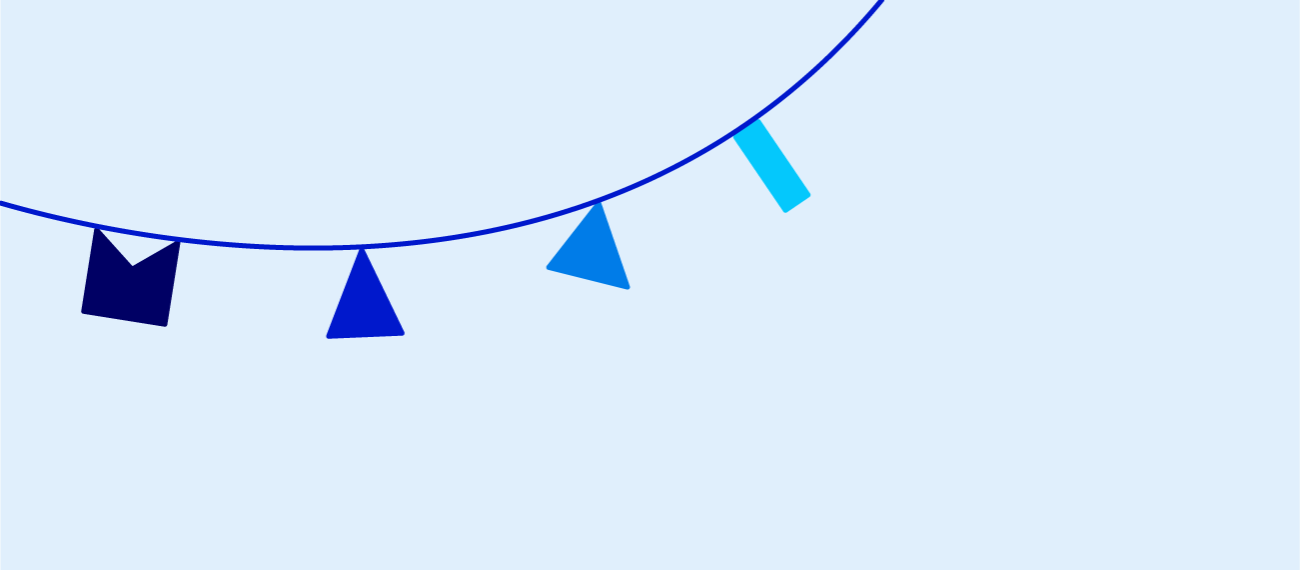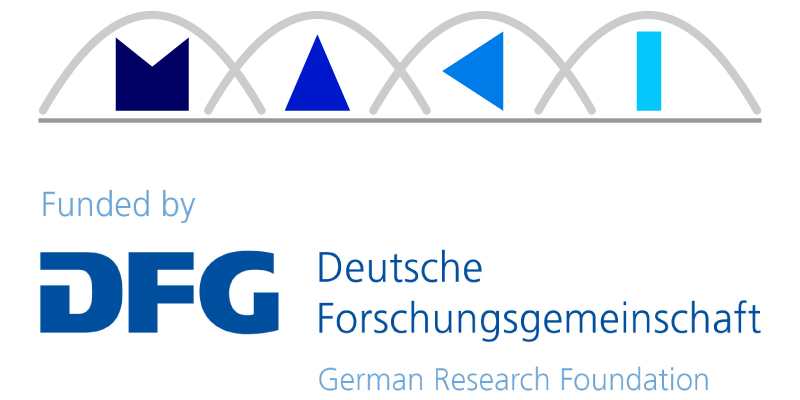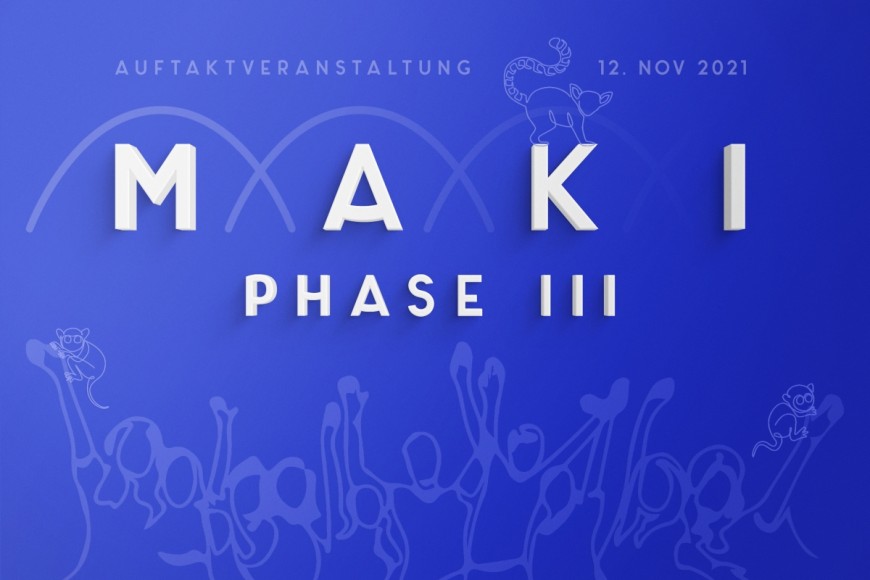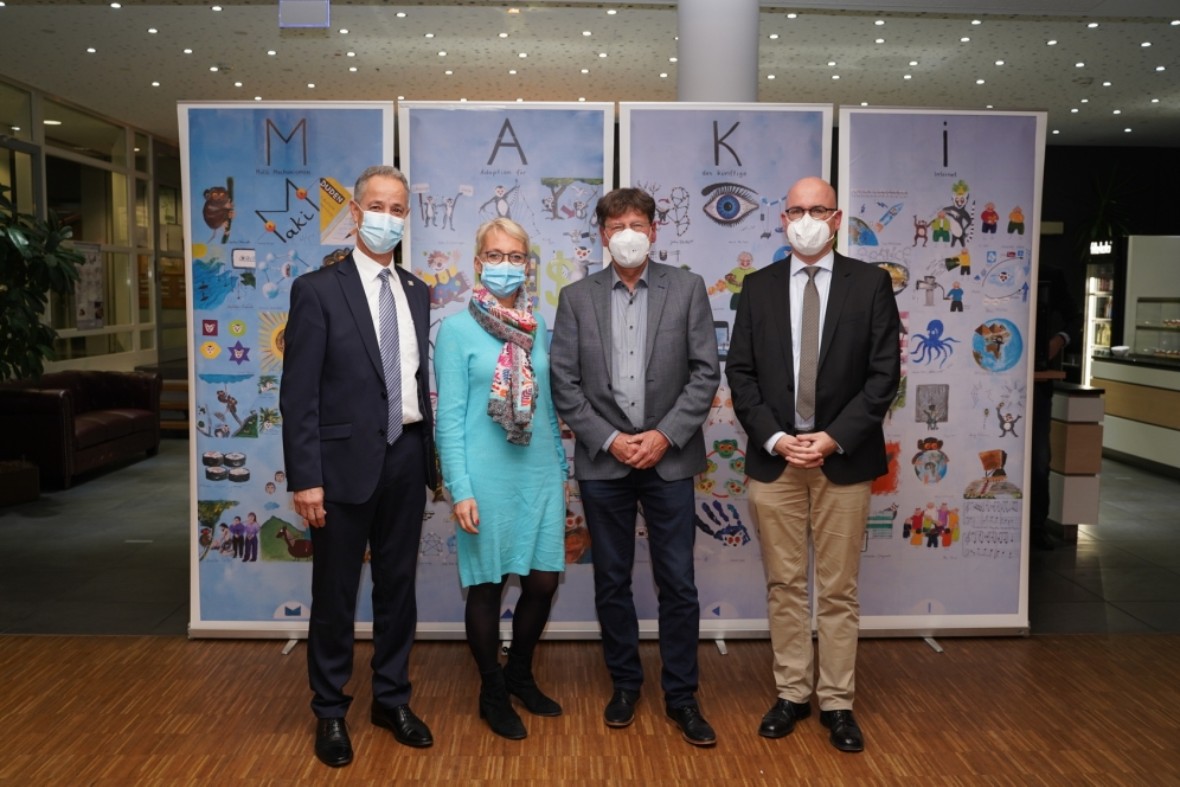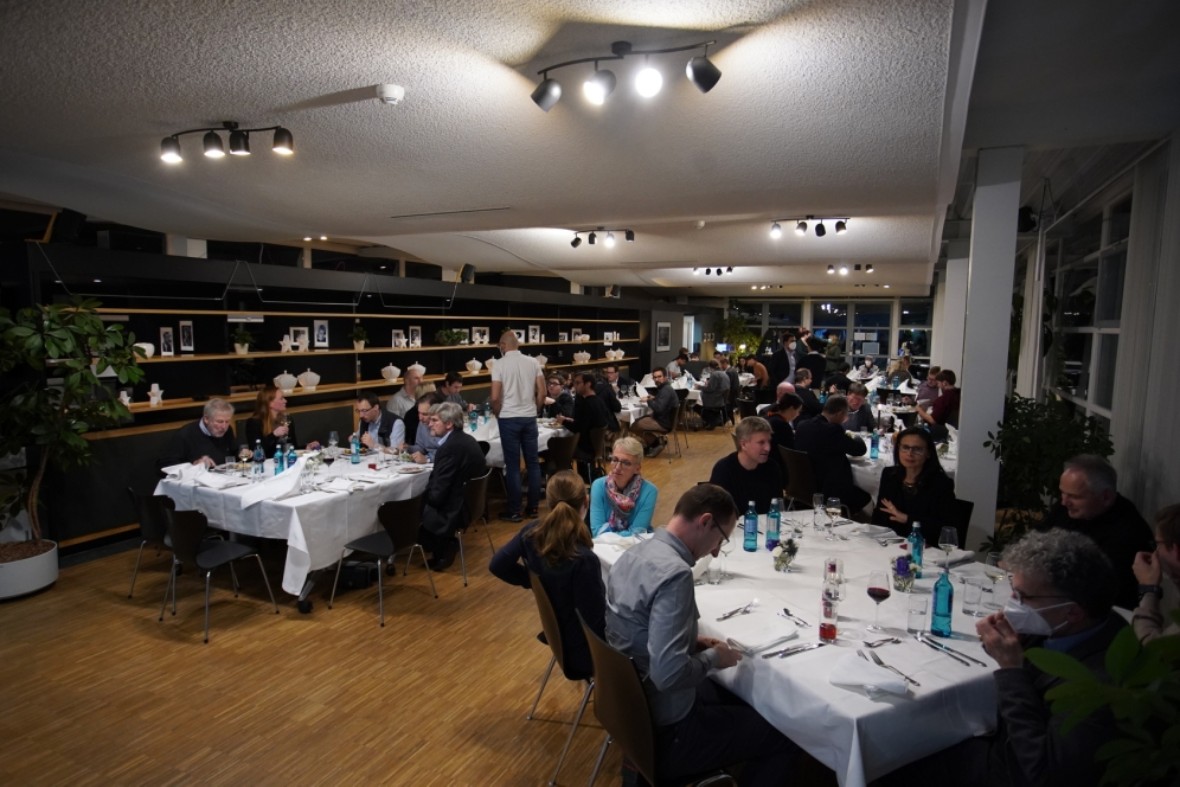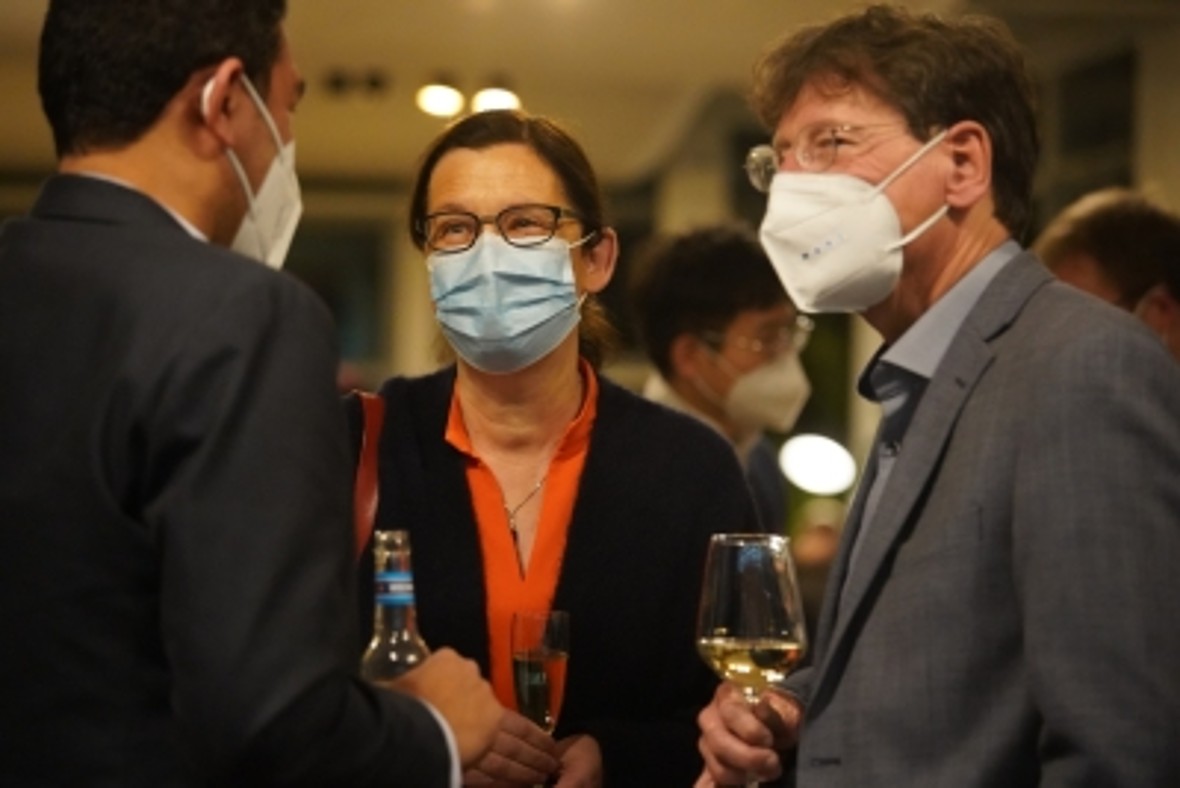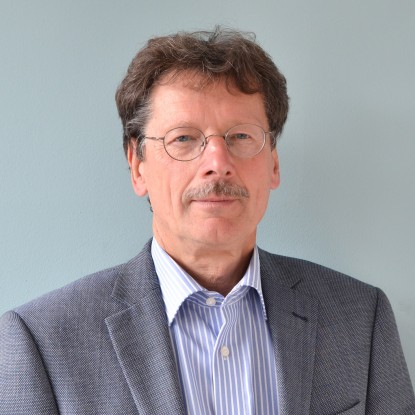Kick-off event of the third funding period
Our long planned kick-off event may take place in presence!
We are looking forward, to celebrate our success together on Friday, 12 November 2021.
Venue: “nowilounge”, Marienburgstraße 35, 64297 Darmstadt (Eberstadt)
Free parking is available in large numbers. Reachable by public transport via train (station: “Darmstadt Eberstadt”) and bus (bus stop: “Eberstadt Bahnhof”).
| Agenda | |
| from 04:30pm | Entrance (with mandatory on-site self-tests) |
| 04:45pm | Come Togehter |
| 05:30pm |
Greetings Prof. Dr. Tanja Brühl (President of Technical University of Darmstadt) Prof. Dr.-Ing. Abdelhak Zoubir (Dean of Dep. of Electrical Engineering & Information Technology / TUDa) Prof. Dr. Felix Wolf (Dean of. Dep. of Computer Science / TUDa) |
| 05:50pm |
Welcome Prof. Dr.-Ing. Ralf Steinmetz (Spokesperson of CRC MAKI) |
| 06:00pm | Dinner |
| 07:30pm | Celebration |
Fotos: Fotostudio Hirch, Darmstadt
On 12 November 2021, the Collaborative Research Centre 1053 MAKI – “Multi-Mechanism Adaptation for the Future Internet” held its kick-off event to celebrate the DFG's approval of funding for the third funding period, together with its members and invited guests.
Due to the Corona pandemic, which began in spring 2020, the application for the next funding period, as well as the planning and implementation of the inspection and its alternatives, proved to be extremely challenging. Planning had to be constantly adapted due to changing DFG regulations and the legal situation in Germany. The planning for the kick-off event had to be similarly flexible, as pandemic-related restrictions prevented a meeting in person for a long time.
We therefore are all the more pleased that almost 80 guests were able to accept our invitation and that we spent a wonderful evening together. Professor Dr. Tanja Brühl, President of the TU Darmstadt, as well as the deans of the participating departments of the TU Darmstadt, Professor Dr.-Ing. Abdelhak Zoubir (Electrical Engineering and Information Technology) and Professor Dr. Felix Wolf (Computer Science), made the relevance of research on this central topic of the future and the interdisciplinarity of the SFB clear in their personal greetings.
The Corona pandemic showed that research, teaching and work had to become flexible and that it was necessary to adapt quickly to changes while maintaining high reliability and good quality of the communication systems, said Professor Brühl. These are precisely the central research topics in the SFB MAKI. Under the leadership of Professor Dr. Barbara Albert, the former vice-president, the TU Darmstadt has established the new research field “Information and Intelligence (I+I)”, to whose profile topic “Complex Interconnected Systems” the SFB MAKI contributes significantly. The SFB MAKI is strategically important for the university in several respects. One example is the topic of diversity; here MAKI won the Franziska Braun Prize in 2016 for its outstanding equality concept. The SFB MAKI's transfer strategy is also exemplary through its three transfer projects, which have an impact on industry and society.
The two deans emphasised that MAKI builds a bridge between the departments of Electrical Engineering and Information Technology and Computer Science. Professor Dr.-Ing. Abdelhak Zoubir emphasised the interdisciplinarity, as one discipline alone can hardly find answers to the central questions of tomorrow. MAKI shows how profitable the cooperation between the two disciplines is, as they complement each other perfectly. Professor Dr. Felix Wolf explained how MAKI has a structure-building effect in computer science, with further related research projects and the creation of new professorships. The cooperation between the two departments is demonstrated by second memberships of professorships in the other department or in the joint use of infrastructure.
The spokesperson and initiator of the Collaborative Research Centre, Professor Dr.-Ing. Ralf Steinmetz, took the audience on a journey in his vivid welcoming speech, from the challenges during the application process in the early days of the Corona pandemic to the tension and finally the positive approval decision. He thanked all those involved in MAKI who had been actively involved for a long time. He also described the many years of preparation that went into applying for the Collaborative Research Centre and the calculated risk taken in the – not self-evident – third phase to grow once again in terms of people and requested funds.
Professor Steinmetz awakened many memories among the guests, which were lively discussed at the dinner that followed. Alumni and long-time companions were happy to add their “old stories”. Thus, memories were shared, plans for the future were made, new contacts were established and what had been achieved together was celebrated in accordance with the corona-related precautions.
Julia Müller & Michaela Bock

